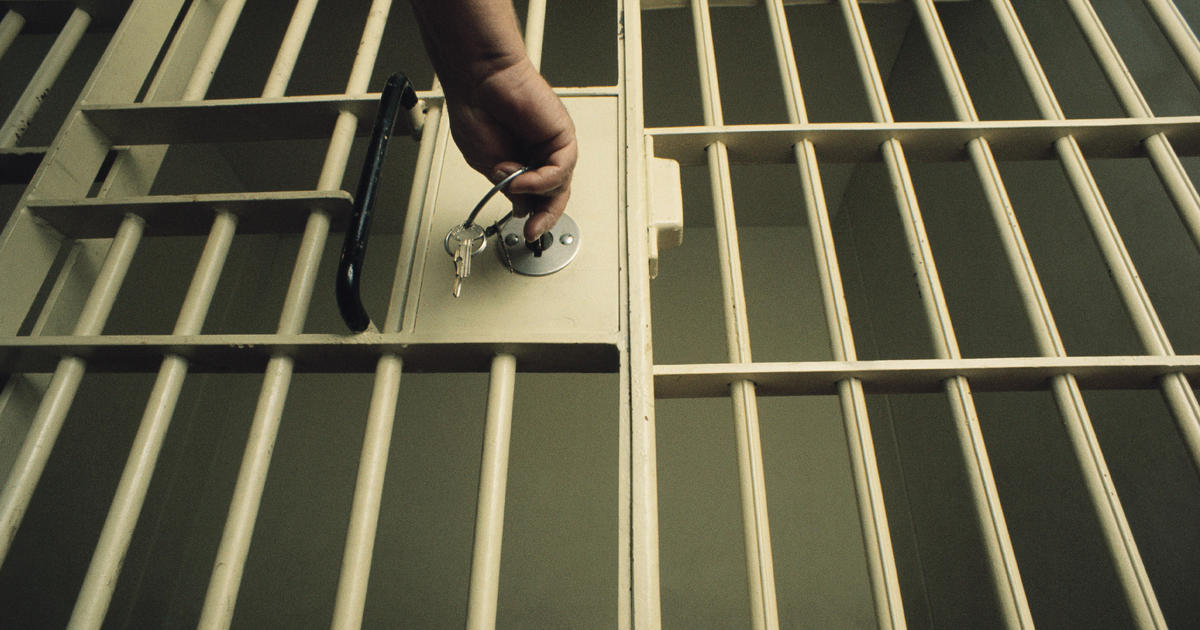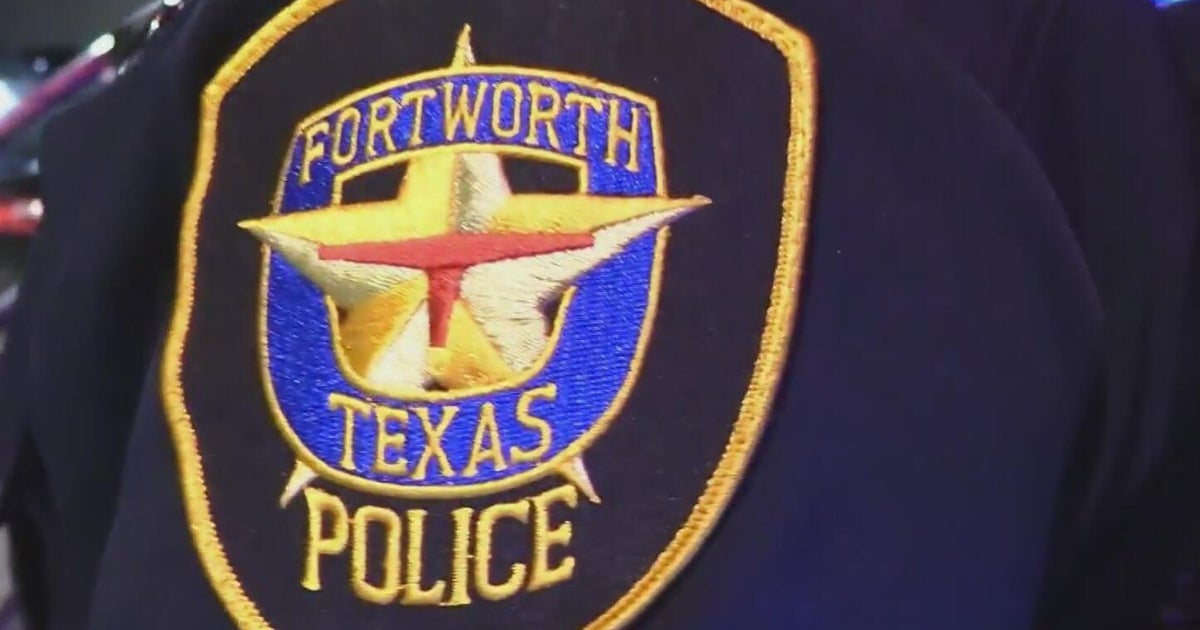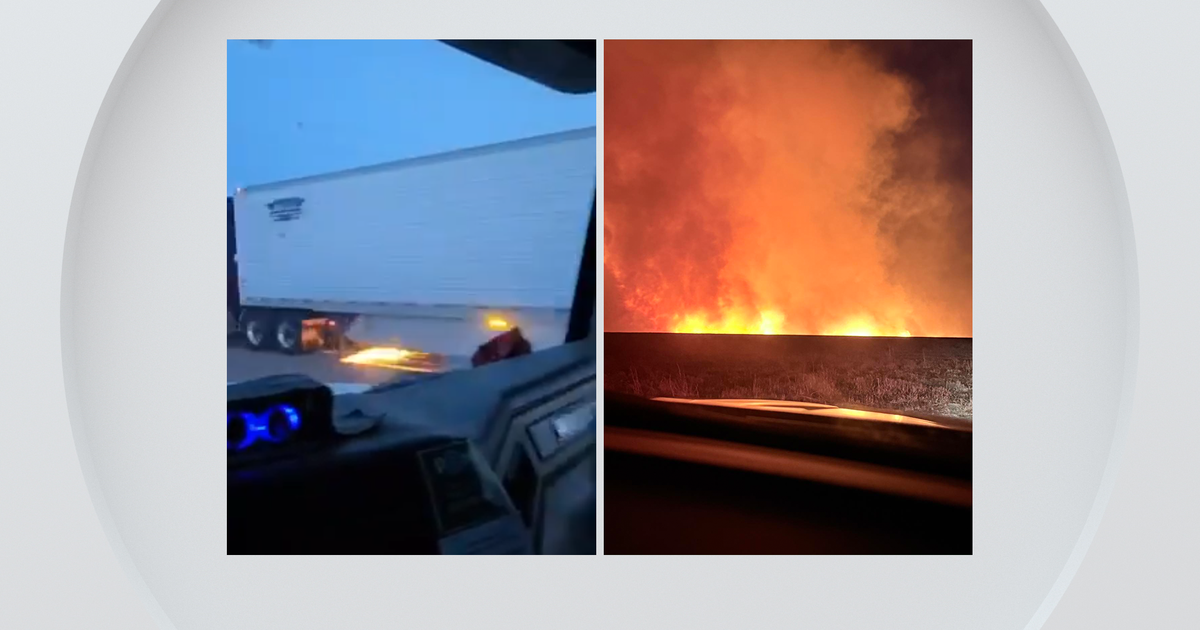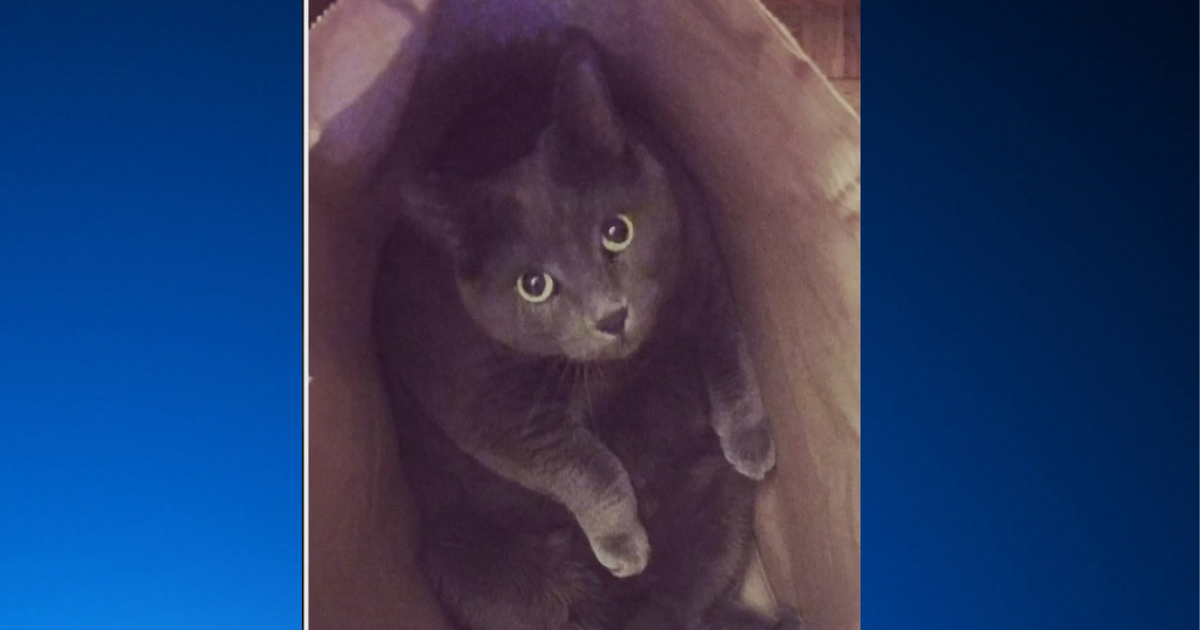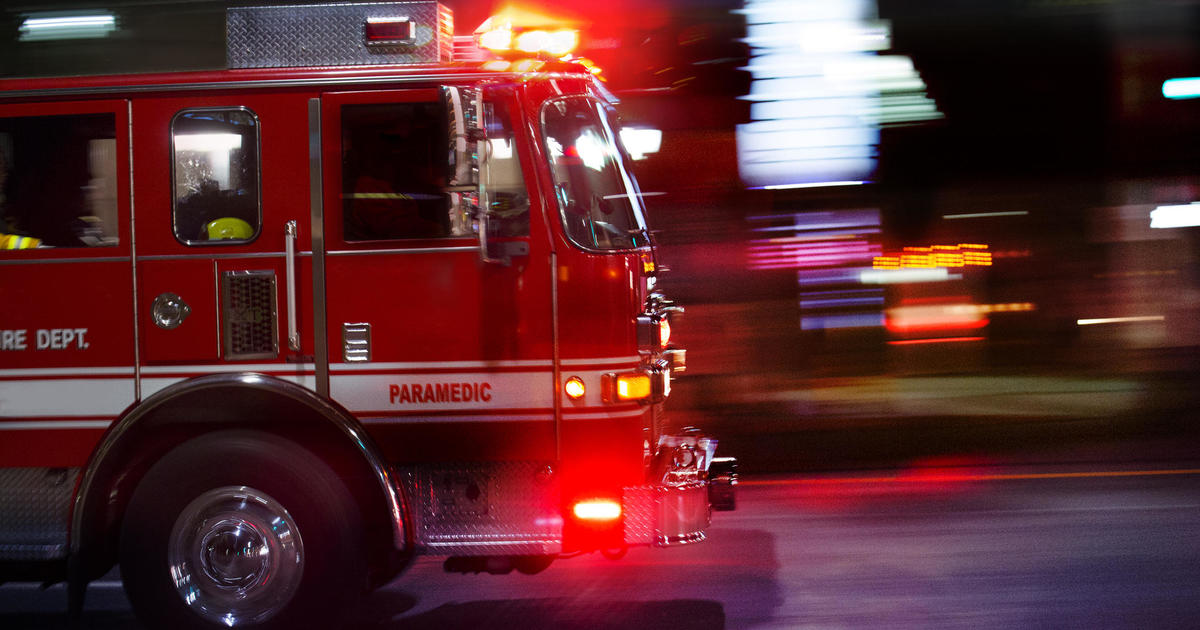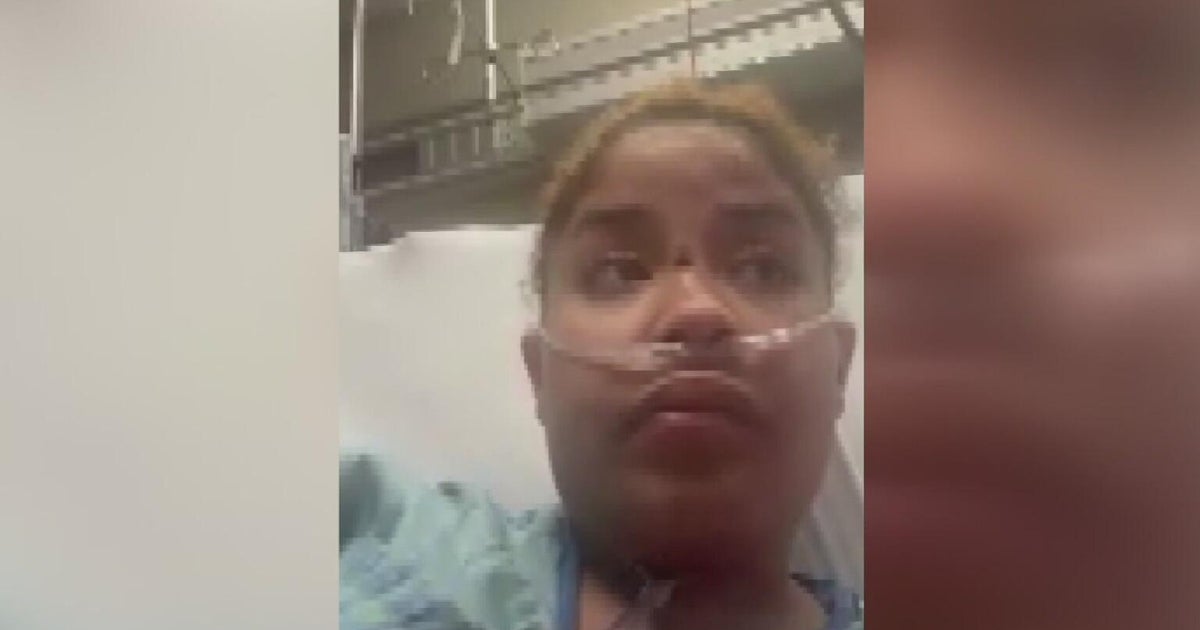Fort Worth foundation aims to improve pediatric cancer outcomes
FORT WORTH — Hundreds of teenagers and young adults in North Texas are diagnosed with cancer every year, yet survival rates haven't improved much in recent decades.
September is Childhood Cancer Awareness Month, but one Fort Worth foundation is working to improve pediatric cancer outcomes year-round.
Every day, when she sits down to work at the Rutledge Cancer Foundation, Laura Rutledge thinks about her daughter.
"The foundation started in 2011 after our daughter Carley was diagnosed with stage four bone cancer called Ewing Sarcoma," she said. "And it was, as you can imagine, devastating."
Carley was just 15 years old when they found out the pain in her hip wasn't caused by a sports injury.
"And her best friend said to her mom, 'Mom, I didn't know kids our age got cancer,'" Rutledge said. "Like, it just wasn't even something that was on our radar."
Rutledge soon learned that about 500 teens and young adults in and around Fort Worth are diagnosed with cancer every year, which is eight times the number of pediatric cases.
Still, cancers in this population don't get the same amount of research funding.
"The lack of research dollars has led to the fact that the treatment protocol that Carley was on is over 40 years old, and it's just unacceptable," said Rutledge. "Absolutely unacceptable. So we had to step in and help bridge the gap."
Since it started, the Rutledge Cancer Foundation has funded more than $3 million in adolescent cancer research. The organization has also served more than 16,000 patients in Texas through a variety of programs.
"Carley's perspective was so helpful, and she was able to tell us what patients needed," Rutledge said.
Like Carley's Closet, which offers gift bags for teens and young adults who've recently been diagnosed.
"It's a difficult time to have cancer," said Rutledge. "You're just starting your life out. You're gaining independence. It all has to roll back. And in Carley's words, your life just stops and everybody else's keeps going."
CBS News Texas covered Carley's participation in an experimental treatment in 2012. The immunotherapy shots helped her stay cancer-free for more than a decade.
"She was very outdoorsy," her mom said. "She traveled everywhere she could travel. She was a scuba diver."
But the cancer returned in 2020, and Carley died just over a year later. She was 27 years old.
Continuing the foundation's mission without her daughter has been hard.
"We all believe that this is what Carley would want is to continue the work and finish the work and get the new treatments to these patients that desperately need it," Rutledge said. "And so it gives us purpose. She's ever present, and she was full of hope. And we're going to carry that hope forward."
They're carrying it forward to continue to take care of young patients, improve survival rates, and ultimately find a cure.
